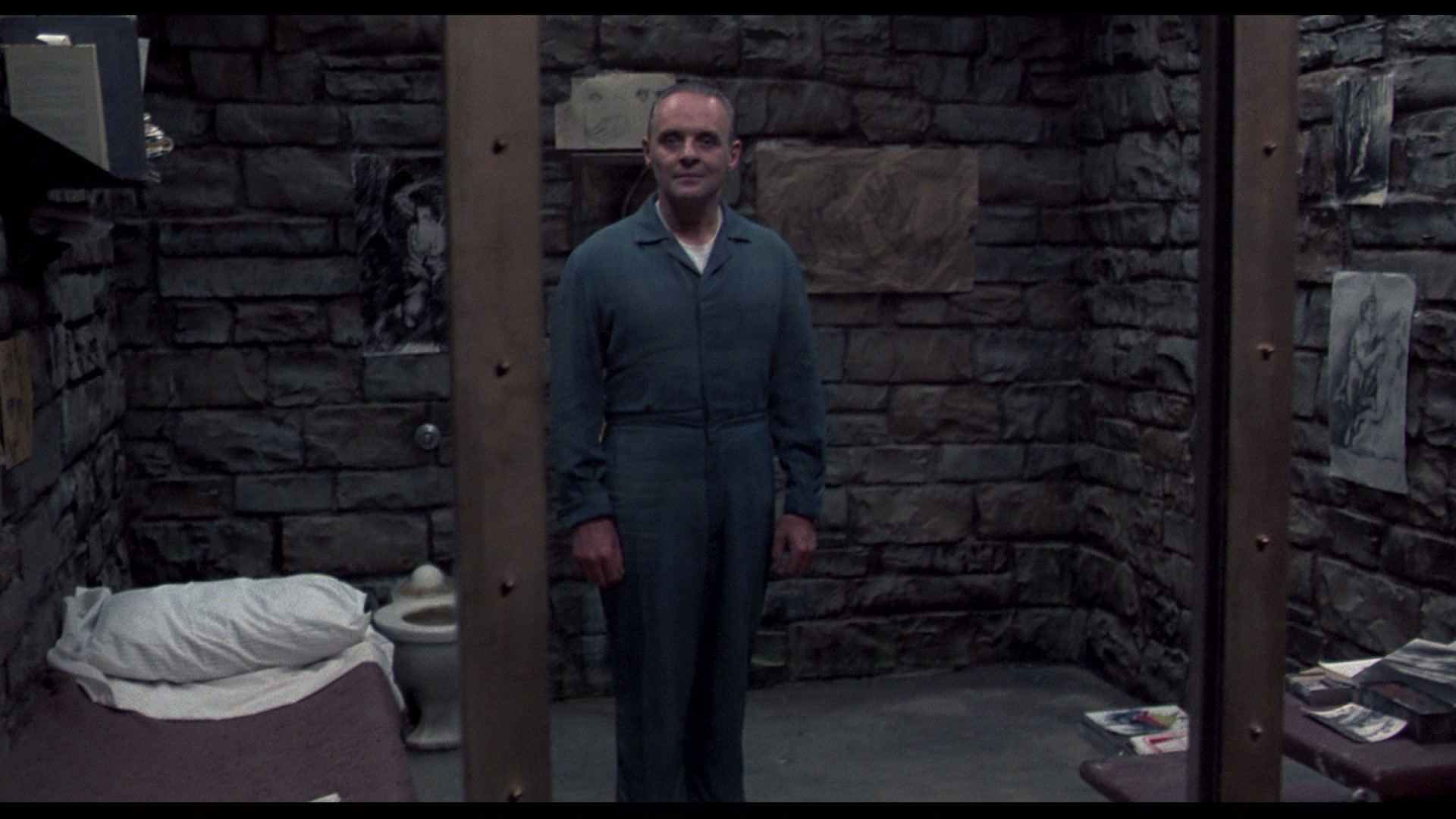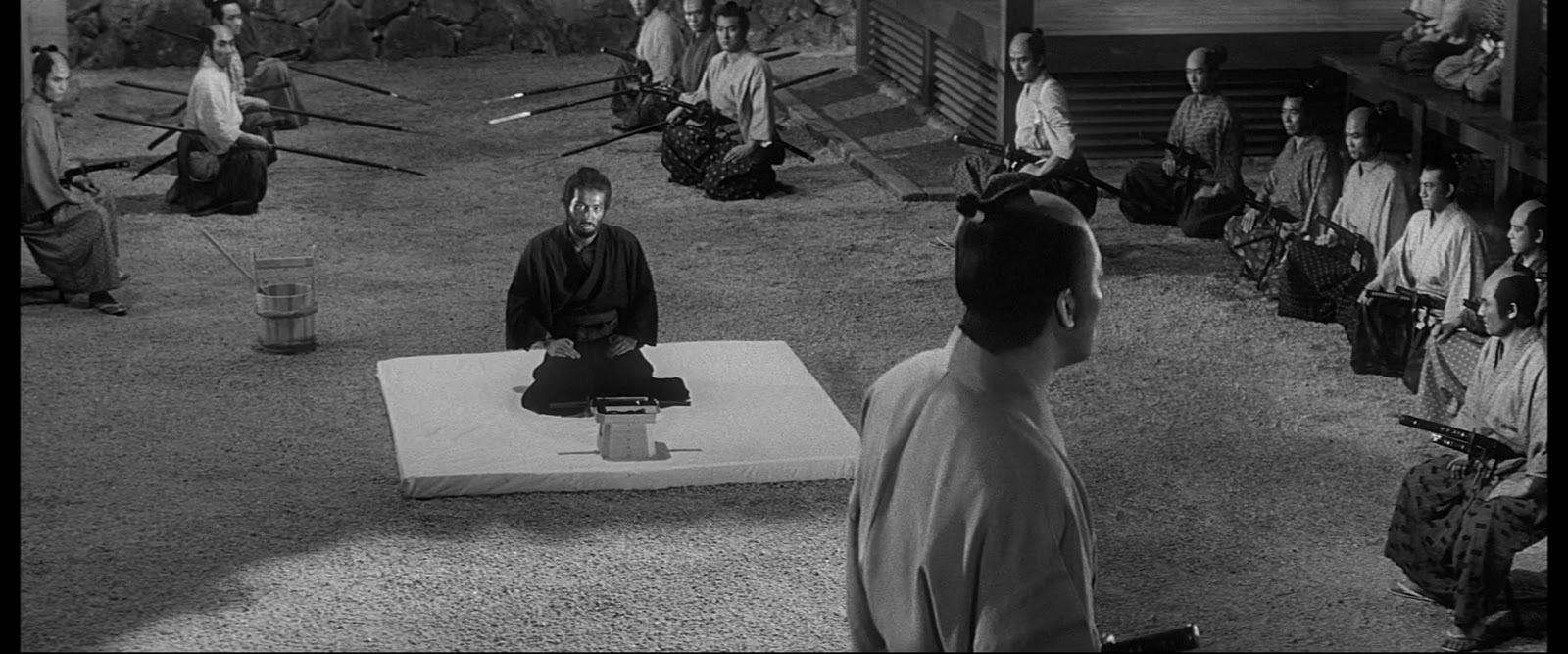#392 - Guardians of the Galaxy
James Gunn, 2014

A mismatched group of space-faring criminals are drawn into the search for an extremely valuable and powerful object.
Now that the hype has worn off, it's not hard to think that, underneath its colourful and humourous exterior,
Guardians of the Galaxy is way too fundamentally hollow a film to be genuinely appreciable even on the level of sheer cinematic fun that it apparently aspires to achieve. In a way, its greatest strength - introducing an almost completely different side to the Marvel Cinematic Universe with its all-new space-opera setting - pretty much demands the necessity of its greatest weakness - an extremely basic plot. Like several of the Marvel films that predated it,
Guardians... is centred around a magical MacGuffin and the various characters ranging from lovable rogues to amoral materialists to genocidal villains trying to get their hands on it by any means necessary for many different reasons ranging from personal profit to world-conquering. Of course, seeing as this was a film that was banking on the comically outsized vibrancy of its characters and setting more so than a sufficiently original plot, you can sort of forgive it for its extremely basic narrative...
...that is, until said characters and setting fall significantly flat.
Guardians... never purports to be a dark film even by the standards of other Marvel films, even though it gives its anti-heroes sufficiently tragic back-stories; the very first scene involves the protagonist's younger self refusing to confront his mother's death from cancer, which causes emotional whiplash when the next scene tries to set the intended tone of the film with his adult self (Chris Pratt, who is decent enough but not nearly worth the hype) dancing to disco music while on a scavenging mission. Unfortunately, what little depth is afforded to its protagonists just showcases just how little effort goes into developing the antagonists, whether they're the blandly evil blue ones behind the main plot (played by Lee Pace and Karen Gillan) or the amoral opportunists (Michael Rooker and Benicio del Toro). At least the latter have a bit more personality, which is better than none. Zoe Saldana's green-skinned assassin is a shining example of wasted potential that she gives, while Bradley Cooper's turn as the diminutive raccoon-like bounty hunter is sort of charming but probably shouldn't make me think that the voice should have been provided by Jason Alexander in full George mode. Dave Bautista and Vin Diesel round out the main cast as a pair of deep-voiced brutes that at least have enough personality to compensate for their superficial differences - one's a comically serious man out for revenge while the other is a giant and generally good-hearted tree only capable of saying a few words - and they do tend to provide a couple of the moments that hold up on a second viewing.
Unfortunately, even in its attempt to present itself as a bit of goofy light-hearted fun that's not meant to be taken seriously,
Guardians... doesn't even manage to deliver all that well on that front. Just because you're trying to be funny and awesome doesn't mean that the sheer impracticality of so much of the universe can be totally ignored; whether it's Rooker's signature weapon or Pratt being able to survive in space without adequate coverage of his extremities (flimsy justification for the latter be damned because it just feels like a cop-out no matter how true it might be) - and then there's the longevity of the Walkman...It may look extremely colourful and aesthetically appealing, but unfortunately it's not enough to compensate for the weaknesses in the plot and characterisation and, pretty though it may be, it's not the best way to keep me entertained for two whole hours, especially when the story does nothing new and just tends to descend into a lot of the same action-movie beats that characterise Marvel films. Here is a chase scene, here is a shoot-out, here are our male and female leads having belligerent yet comedic banter, here are the rest of our heroes getting into shenanigans, here is an epic finale involving a cast of thousands...despite the inherent weirdness, it's all too familiar to make any kind of genuine impact on its own (though the finishing move from the end is a genuinely impressive moment for...some reason).
Guardians... does come across as the kind of movie that attempts to dictate its own terms and audiences and critics alike have definitely responded well to its treatise, but even approaching it on its own terms it just leaves me cold. Far from the worst movie ever, but beyond the visuals and the odd moment of pure entertainment it still feels too empty to genuinely enjoy, and seeing as genuine enjoyment is the film's ostensible aim I can't help but think of this as a failure.










